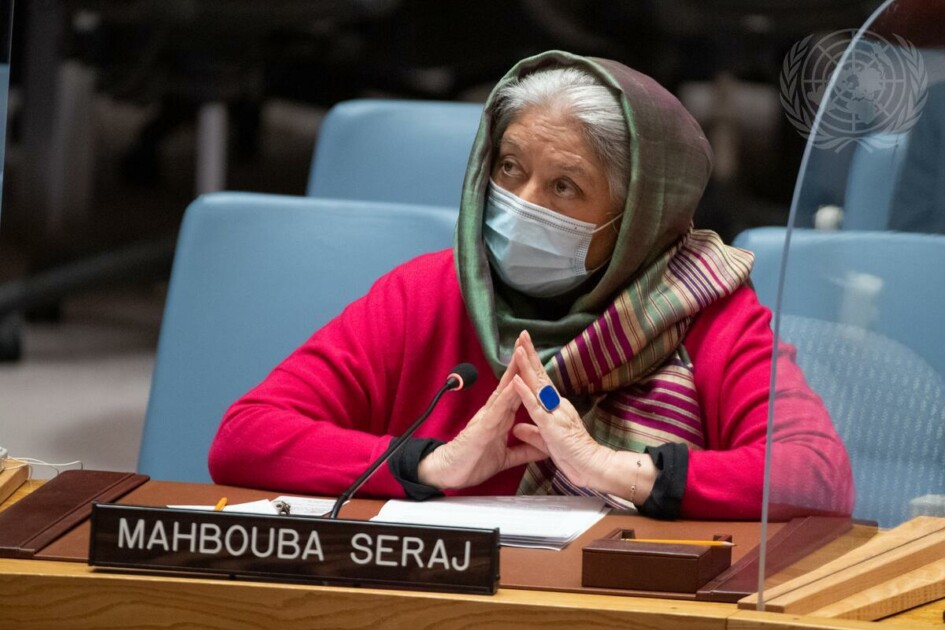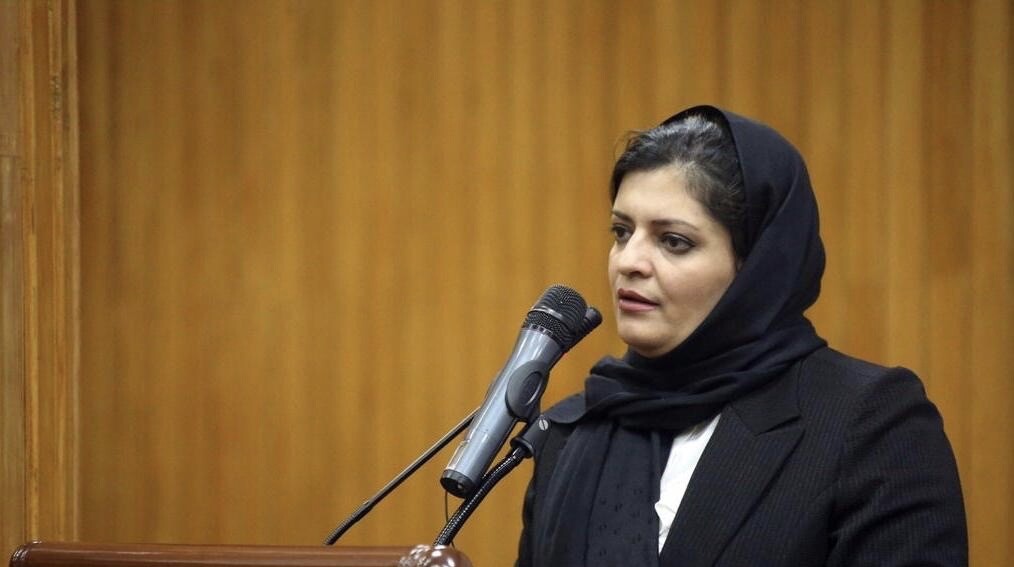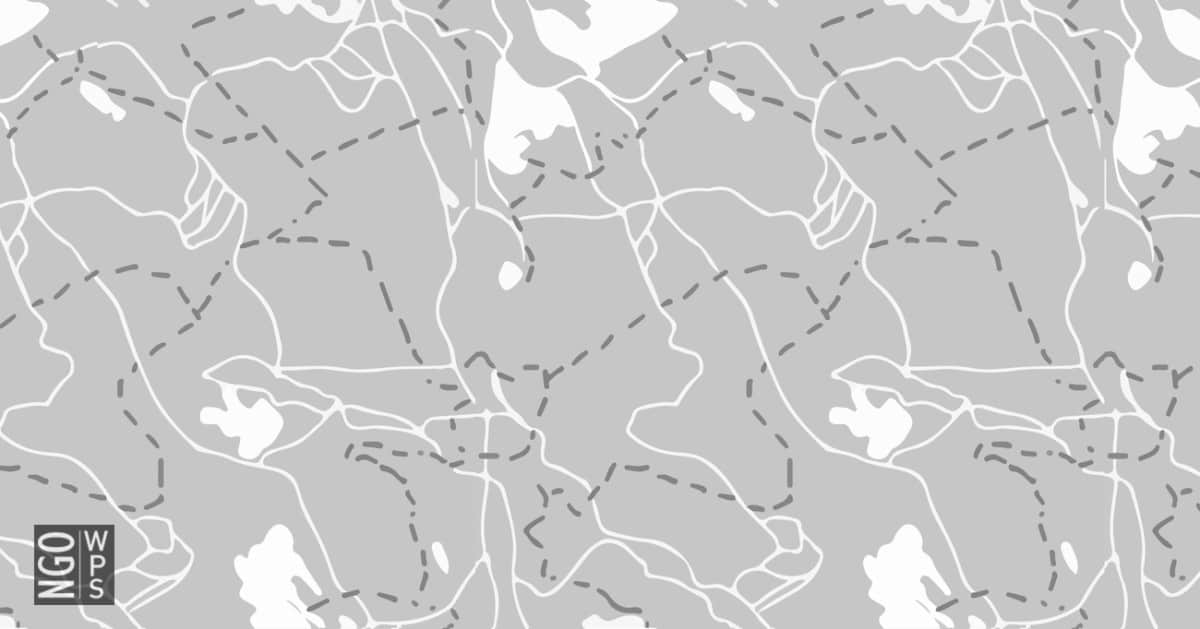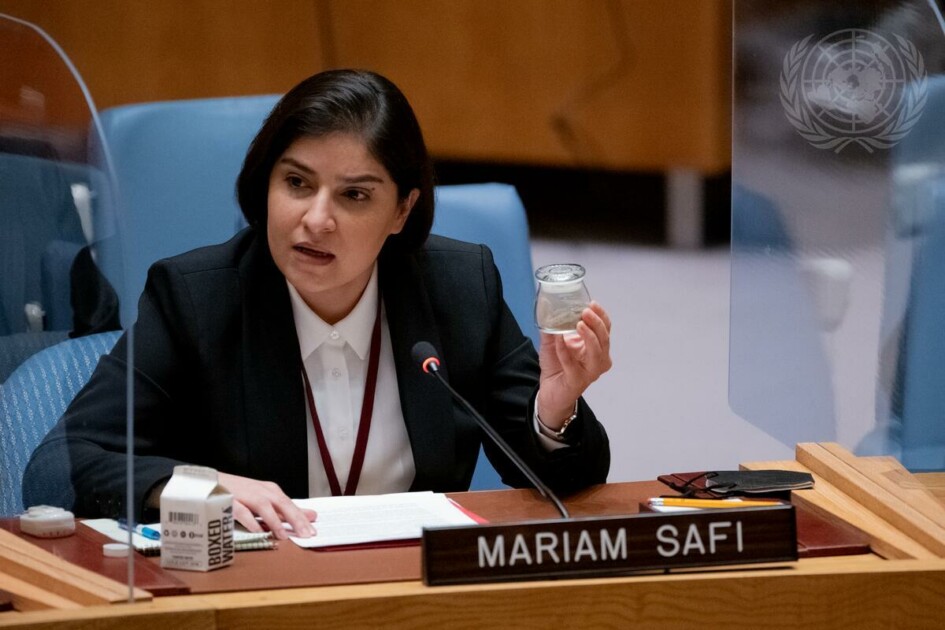Afghanistan
Afghanistan
Afghanistan has been engulfed in violent armed conflict since the fall of the Taliban regime in 2001, and efforts to build sustainable peace while preventing the re-establishment of extremist rule depend on the inclusion of women.
Living in the most dangerous place in the world to be a woman, as the Thomas Reuters Foundation revealed in 2011, Afghani women have emerged as leaders in the peace process— advocating constantly for more inclusive government, and inspiring marginalized groups nationwide to demand a place in the political system. Despite the important role that Afghani women play in bringing about social change in Afghanistan, many barriers to their involvement still exist.
Based on the work of NGOWG members and their partners, the NGOWG advocates for eliminating these barriers by encouraging UNAMA to support the Afghan government in fully implementing the National Action Plan on Women, Peace and Security (NAP), and ensuring women’s full and equal participation in regularly held elections.
Current and Past Recommendations to the UN Security Council (Monthly Action Points)
The Council is due to extend the mandate of the International Security Assistance Force (ISAF), which expressly requires NATO/ISAF and the Afghanistan government to better protect and promote women’s rights. In the past year, there has been no evident progress in the proportion of women participating in political life. Women and defenders of their rights continue to be targeted with impunity. The Council should strengthen Afghan National Security Forces (ANSF) oversight and accountability mechanisms to protect civilians, and establish an independent, resourced police ombudsperson to investigate complaints and police failures to investigate crimes against women. Further, the mandate should expand international efforts to assist the Afghan government to create an independent and effective mechanism to monitor and investigate civilian deaths and injuries proactively and provide full reparations. There should be greater efforts to meaningfully include Afghan women and their security concerns in reintegration and reconciliation discussions, and support to women seeking to become High Peace Council members. Members of the Afghan government and insurgent groups must not be granted impunity for war crimes and crimes against humanity. The assessment of transition of security responsibility to the national security forces must include a gender analysis.
Relevant Resources









